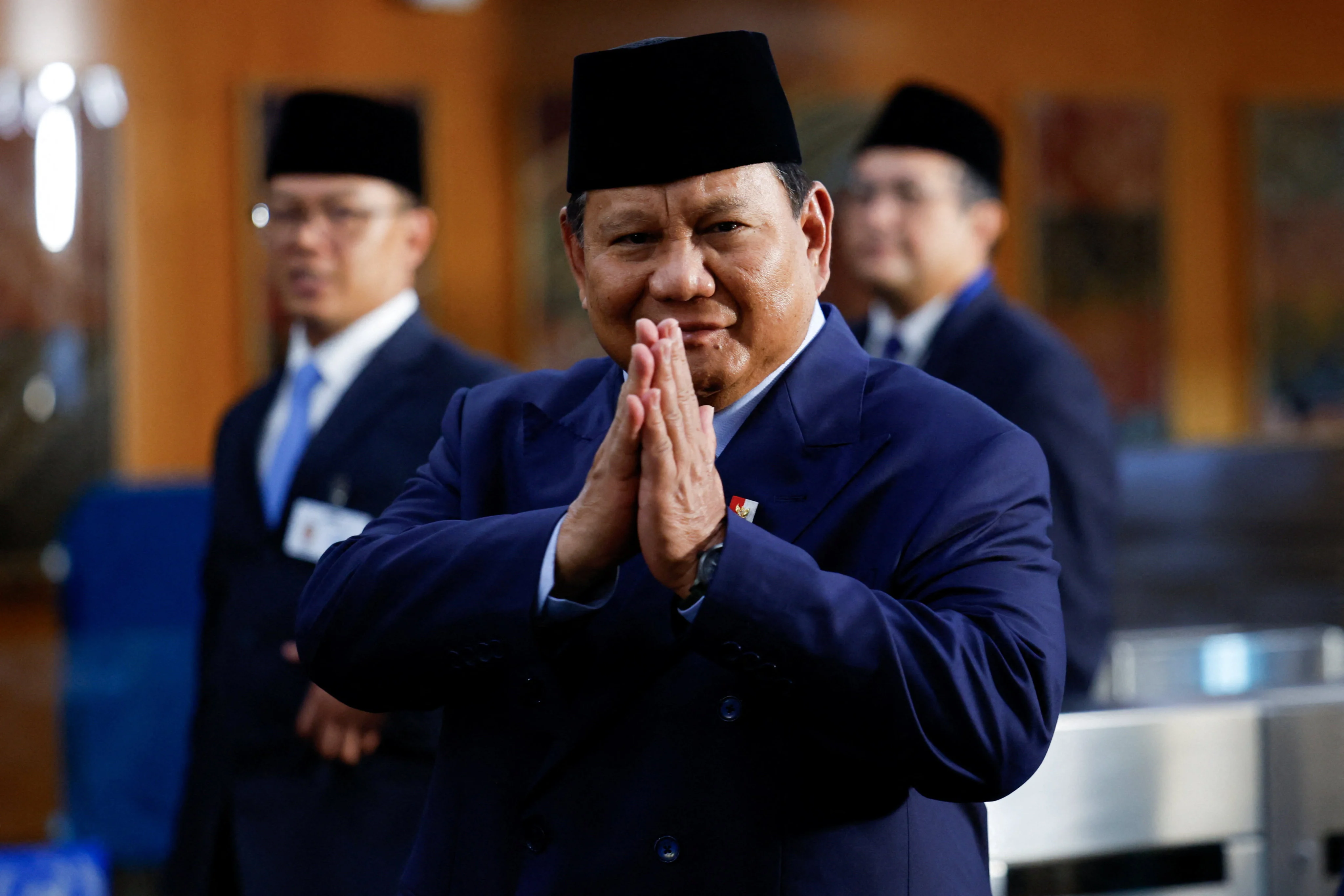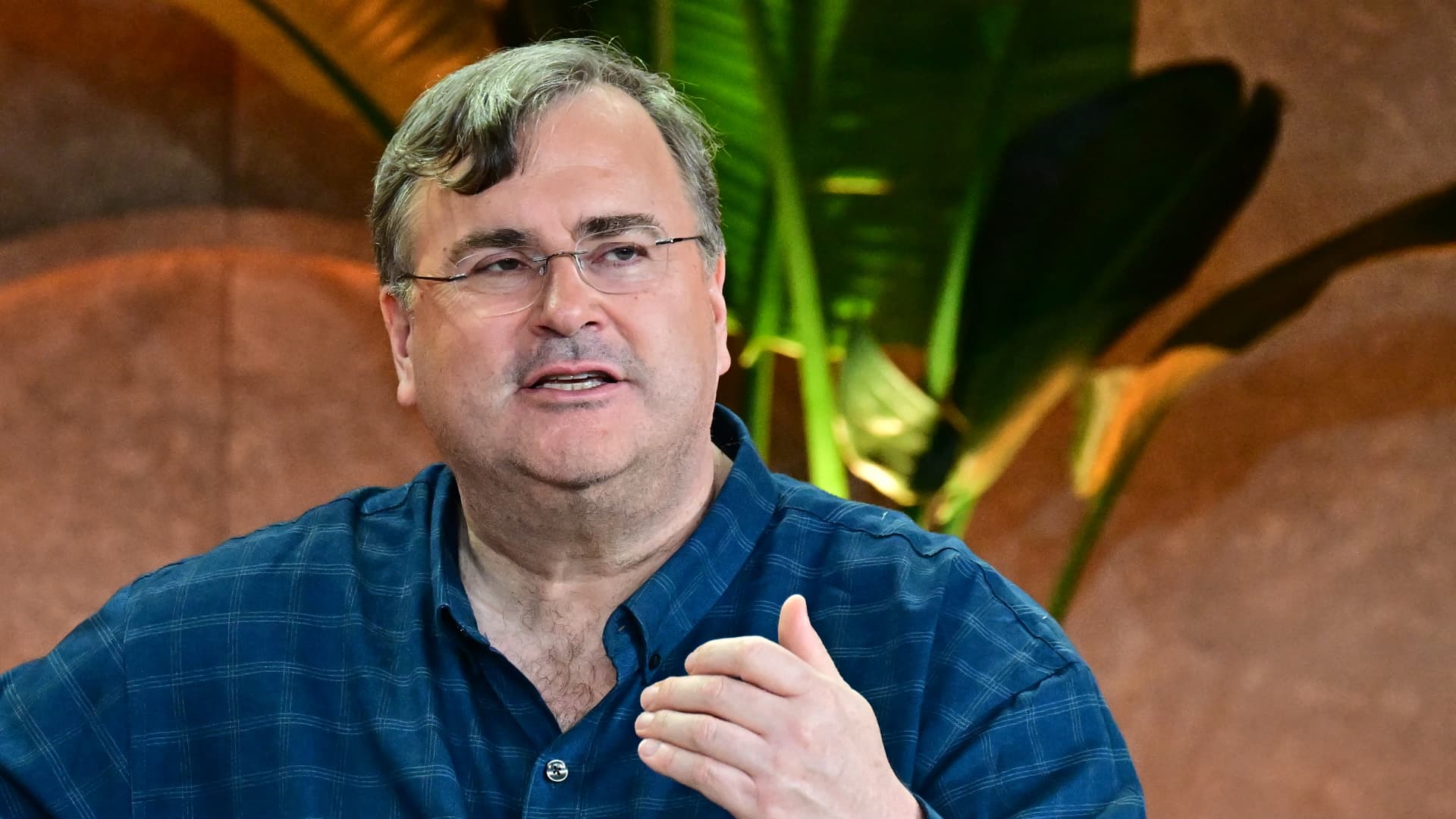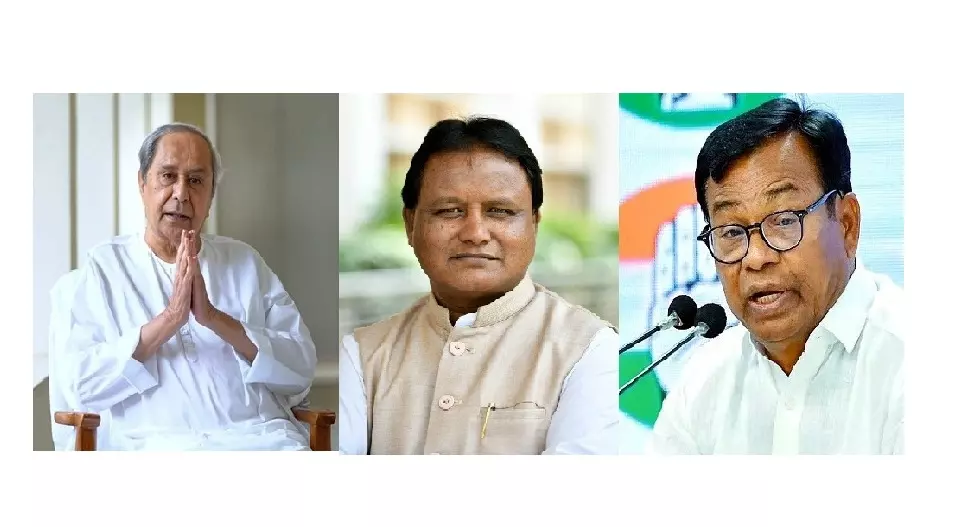Copyright scmp

As Prabowo Subianto marks his first year as Indonesia’s president, the former general is grappling with the challenge of turning his populist campaign promises into lasting policy. While early initiatives such as free meals for children have drawn praise, concerns over civil liberties, economic sluggishness and foreign policy decisions threaten to overshadow his administration’s achievements. Prabowo, who was sworn in on October 20 last year, campaigned on a platform of ambitious social programmes, including free nutritious meals for children and mothers, universal education, health checks and affordable housing. While some of these pledges have begun to materialise – most notably the roll-out of the free meals programme – critics have questioned their sustainability. Others caution that his administration’s bloated cabinet, heavy-handed response to public protests and erratic foreign policy posture risk undermining his credibility both at home and abroad. A joint statement with Beijing over disputed waters in the South China Sea caused particular concern, with analysts warning it deviated from Indonesia’s long-held stance on territorial sovereignty. Public opinion on Prabowo’s first year is sharply divided. A nationwide survey by Poltracking Indonesia found his approval rating at a robust 78.1 per cent, with many Indonesians citing improvements in law enforcement and social assistance initiatives. However, a contrasting poll by the Centre of Economic and Law Studies painted a more critical picture, rating his performance at just three out of 10. It also reported a drop in Prabowo’s electability to 34 per cent, highlighting unease over his administration’s perceived lack of conviction in implementing key policies. Growth vs employment At a cabinet meeting on Monday, Prabowo defended his record, touting economic gains such as 5.12 per cent economic growth in the second quarter, a drop in unemployment to 4.76 per cent, stable inflation at 2 per cent and a poverty rate that had fallen to 8.47 per cent. Yusuf Rendy Manilet of the Jakarta-based Centre of Reform on Economics acknowledged these achievements, but stressed the need to address more “fundamental” structural issues such as the high prevalence of informal jobs and widespread lay-offs. These challenges undermined long-term welfare and depressed purchasing power, Yusuf said. Concerns over the administration’s economic strategy were echoed by Wijayanto Samirin, a senior economist at Paramadina University. Prabowo’s policies had “not succeeded in boosting purchasing power, creating jobs or encouraging industrialisation”, he said, citing lax financial discipline and an uninviting business climate. Prabowo aims to achieve 8 per cent growth by 2029, his final year in office. Finance Minister Purbaya Yudhi Sadewa recently expressed optimism that 6 per cent growth could be achieved next year, but conceded that reaching the long-term target would not happen “overnight”. Social programmes, such as the free meals initiative, have also faced implementation challenges. Prabowo claimed last week that the scheme could create 1.5 million jobs and contribute 3 per cent to economic growth. However, economist Yusuf said only 20 per cent of the programme’s 71 trillion rupiah (US$4.3 billion) budget had been spent by midyear, with centralised operations, as well as “issues of food poisoning and nutritional deficiencies” undermining its effectiveness. “We are also sceptical that growth will be 6 per cent next year,” he said. “The budget and fiscal policies for next year haven’t fully addressed the root causes of domestic economic problems, such as the declining performance of the manufacturing industry.” Global ambitions On the international stage, Prabowo has been notably active, conducting 36 state visits to 24 countries within his first year. These trips included high-profile events such as last month’s military parade in Beijing, the United Nations General Assembly in New York, and the Gaza peace summit in Egypt. Hikmahanto Juwana, an international-relations professor at the University of Indonesia, said Prabowo’s diplomacy had raised Indonesia’s profile globally but risked sidelining the Foreign Ministry’s institutional expertise. “From the start, many people said we would have a president who would call the shots on foreign policy, and he did,” he said. “The benefits are indeed significant, but he should be given input by the diplomats, so he cannot deviate from the protocol. Politicians come and go, but the bureaucracy is always there.” Hikmahanto singled out Prabowo signing a joint statement following his meeting with China’s Xi Jinping, which the academic said contained wording that was “not in accordance with Jakarta’s stance of not recognising China’s nine-dash line” territorial claims in the South China Sea. Observers have also called out Prabowo’s symbolic presence at summits, questioning the tangible outcomes of his engagements. Radityo Dharmaputra, an international relations expert at Airlangga University, argued that Indonesia’s focus on global diplomacy had come at the expense of its leadership within Asean. “The focus of Prabowo’s presence at high-level summits was … that he had a seat at the table with other world leaders, presenting Indonesia as a large country,” Radityo said. “Indonesia seems to have left Southeast Asia and Asean, which is unfortunate as Indonesia could be a great nation if it plays a strong role in Asean.” Under Prabowo’s tenure, Indonesia has officially joined Brics and is pushing to also become a member of the Organisation for Economic Cooperation and Development. Hikmahanto said this showed Prabowo’s foreign policy was focused on remaining neutral while actively befriending other nations to promote Indonesia’s interests. Police, protests and power Domestically, Prabowo’s presidency so far has been marred by social unrest. Amnesty International Indonesia described his first year as marked by “the worst erosion” of freedoms since the Reformasi era. More than 5,500 people have reportedly faced excessive police force during protests, including August’s nationwide demonstrations that left 10 dead and led to the prosecution of several demonstrators. A report released on Monday by the Indonesian Legal Aid Foundation highlighted the growing involvement of the military in civilian affairs, accusing the administration of blurring the lines between governance and military oversight. “This marks the TNI’s [Indonesian military’s] re-emergence as a major player in Indonesian politics and business,” the report said.



